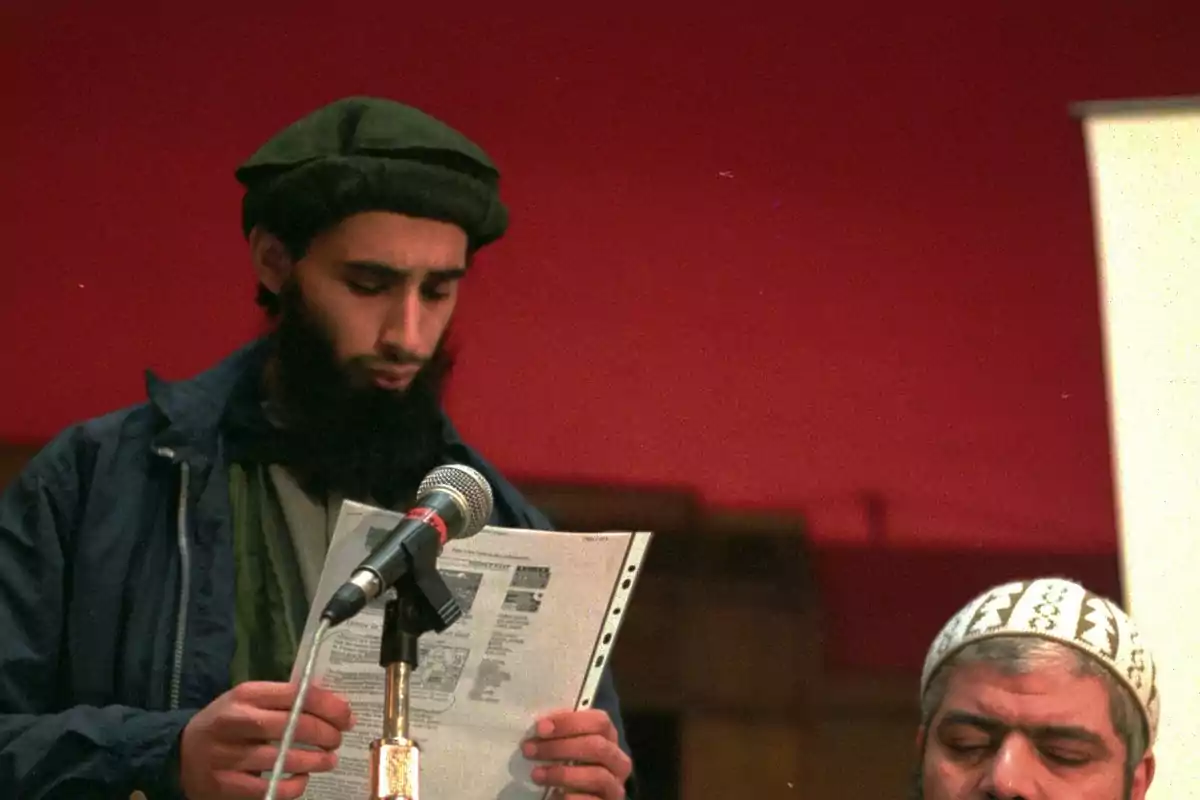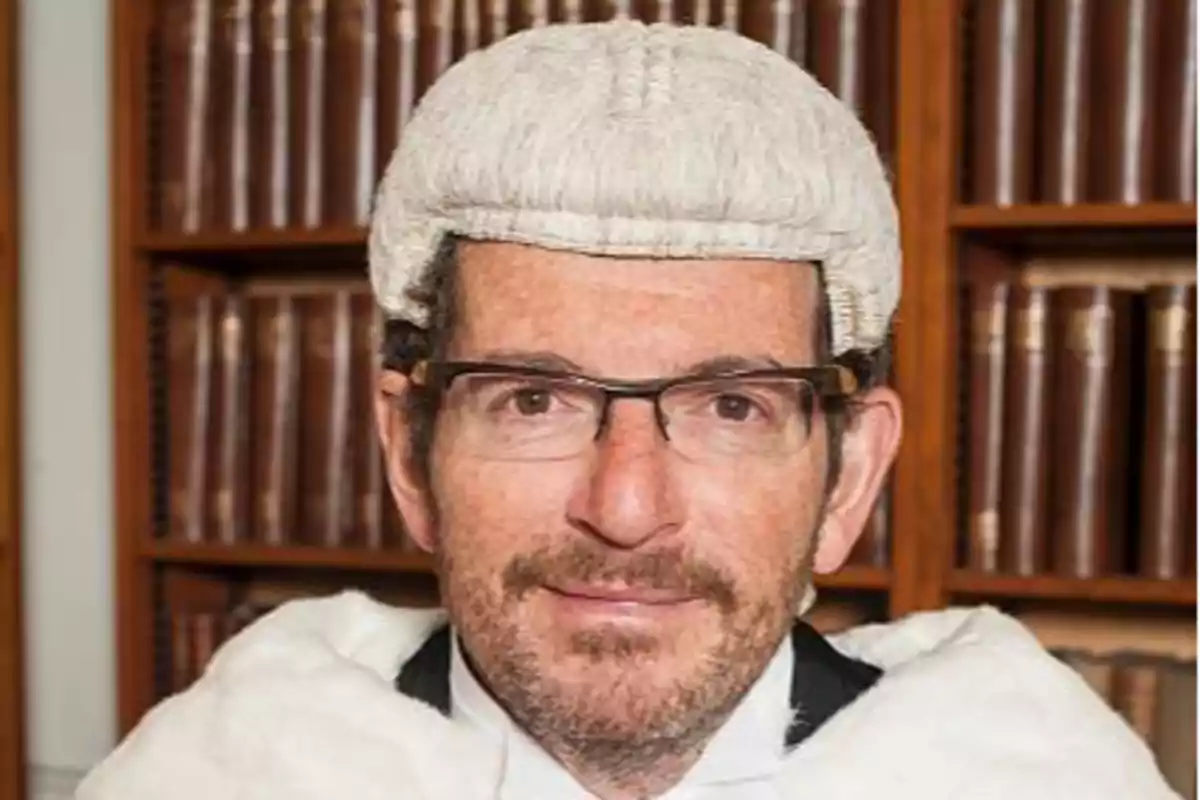
A British judge wished 'the best' to an Islamic terrorist who killed 52 people.
These reprehensible statements caused strong indignation in the United Kingdom
The United Kingdom is experiencing a wave of outrage following the reprehensible statements made by a judge of that country's High Court, who wished "all the best" to Al Qaeda terrorist Haroon Aswat, considered one of the main masterminds behind the 2005 London bombings, after approving his release.
Aswat, 50 years old and originally from Batley (West Yorkshire), was sentenced in 2015 in the United States to 20 years in prison for conspiring to create a terrorist training camp in Oregon. After serving his sentence, he was deported to the United Kingdom in 2022, where he remained under psychiatric detention after being diagnosed with a schizoaffective disorder, until his release was authorized this year.

In a recent hearing, Judge Robert Maurice Jay surprised with comments that caused great controversy. According to the transcript published by The Sun, the magistrate stated: "I know it can't have been pleasant to be in custody in the United States all that time. I wish you all the best. The way forward is to continue with the medication, listen to the advice you receive, and stay away from the activities that previously led you to prison."
These statements caused a strong political reaction in the United Kingdom. Nigel Farage, leader of the right-wing Reform UK party, described the judge's stance as unacceptable and demanded his removal: "People are demanding much tougher justice. Aswat should be in a maximum security prison for the rest of his days, and Judge Jay should be dismissed."

Robert Jenrick, shadow Justice Secretary, also strongly criticized the matter: "It's an insult to the victims of July 7. No one should wish luck or show sympathy to a convicted terrorist, least of all a High Court judge. Jay should be ashamed of acting as if he were a friend of an extremist."
Haroon Aswat has been linked for several years to Islamic terrorism in the United Kingdom. In court documents, he admitted his role as the "mastermind" of the July 7, 2005 attacks, in which four suicide bombers targeted London's transport network, causing the deaths of 52 people and injuring more than 700. He also publicly described himself as a terrorist.
Despite the treatments received in the United Kingdom, medical reports indicated that, even in "relatively stable" states, Aswat has continued to express violent extremist ideology. Experts warn that "the risk of recidivism in Islamist terrorism persists."
More posts: